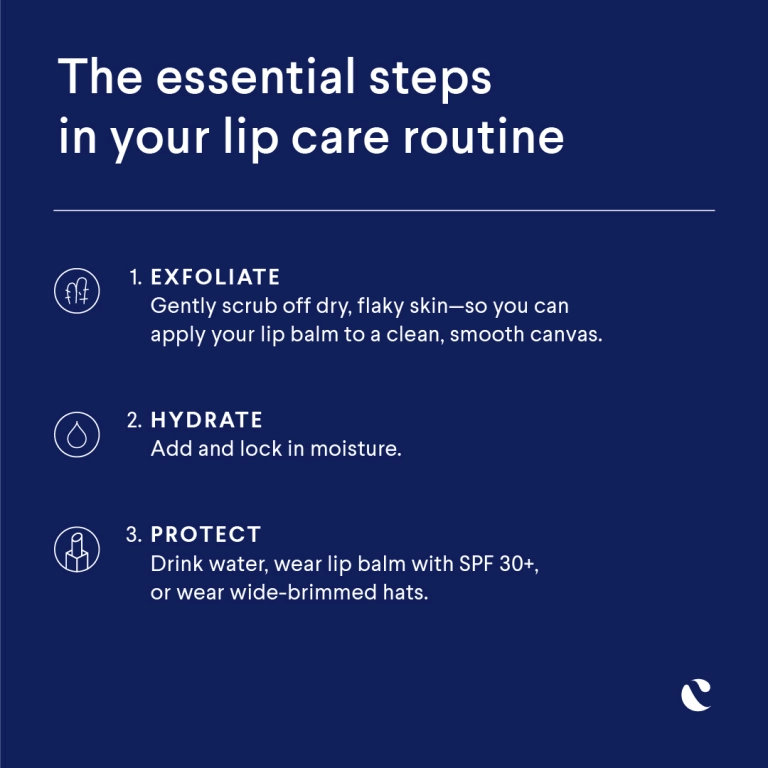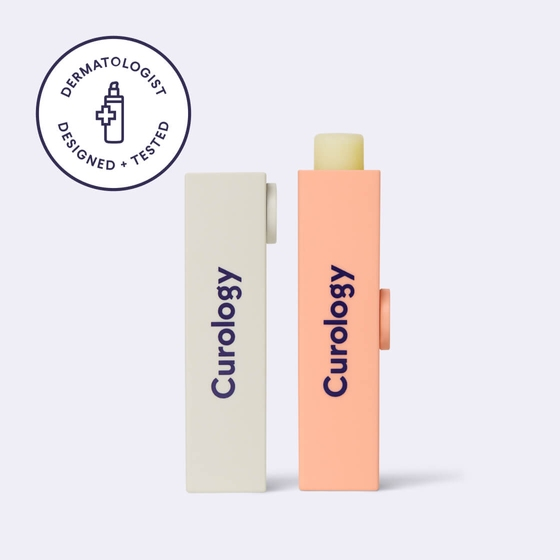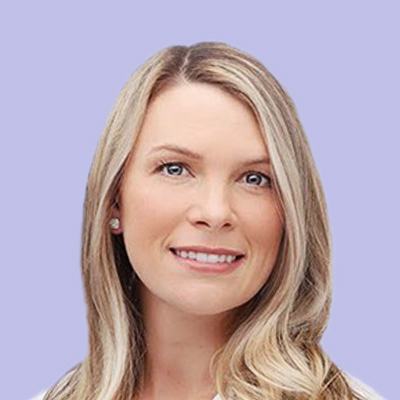How it works:
Share your skin goals and snap selfies
Your dermatology provider prescribes your formula
Apply nightly for happy, healthy skin
How it works:
How it works:
Share your skin goals and snap selfies
Your dermatology provider prescribes your formula
Apply nightly for happy, healthy skin
How it works:
Salicylic acid on the lips: Uses, benefits, and drawbacks
Should you use salicylic acid on your lips? What our experts say.



Are your lips in desperate need of exfoliation? Are you wondering exactly how to remove dead skin from your lips?
We’re here to help. Chapped lips, known medically as cheilitis, is often a mild condition, but it can be a more severe, chronic issue for some. It can have many triggers, including changes in the weather, allergic reactions, or nutrient deficiencies.¹.
Salicylic acid is a common ingredient in many skincare products, including some that target lips. However, some medical experts suggest limiting its use (or even avoiding it completely) on your lips. Here, we’ll break down whether salicylic acid is a good choice for your lips while also giving you the lowdown on proper lip care.
What is salicylic acid and what is it used for?
Salicylic acid is a beta hydroxy acid (BHA). BHAs are chemical exfoliants that enter your pores to remove oil and dead skin. In skincare, salicylic acid is commonly used in products like cleansers, anti-dandruff shampoos, and exfoliants, and, of course, lip balms.
This acid has been used by humans for about 2,000 years, with its earliest treatment aimed at combating calluses and corns². Salicylic acid comes from the willow tree. The term “salicylic” comes from the Latin word for willow tree, “salix.”³
Salicylic acid generally works by getting rid of dead skin cells on the outermost layer of your skin, known as the stratum corneum. It also helps reduce the secretion of an oil called sebum on your skin2 while unclogging your pores. While your lips don’t have sebaceous glands, they can accumulate dead skin cells.
Benefits and drawbacks of using salicylic acid on the lips

The skin of your lips is thinner than other parts of your body. Using too much (or even any) salicylic acid on them can lead to some unpleasant side effects, like irritation and dryness. It’s easy to use too much salicylic acid without realizing it as it’s found in many different skincare products. Using too many actives in your routine at once can also lead to irritation. Experts advise that those with lips particularly prone to dryness and sensitivity may want to avoid using salicylic acid, as it can lead to over-exfoliated lips.⁴
If you’re still unsure about using salicylic acid in your lip care routine or you don’t like its effects, you can consult a trusted medical professional for help.
Alternative exfoliants for lips
While salicylic acid may not be a great choice for exfoliating your lips, there are plenty of great options. These include products containing non-irritating ingredients or DIY treatments involving sugar and honey or jojoba and castor oil. Use your best judgment when evaluating DIY suggestions. Discontinue use and seek medical help if irritation or an allergic reaction occurs.

Other forms of lip care
Here are two other options for treating dry or injured lips.
Hydration
Exfoliation isn’t the only way to help your lips out. It’s arguably not even the most important step in a solid lip care routine.⁵ Lip balms and lip moisturizers not only help hydrate your lips but can also lock in moisture for long-term hydration.

Drinking water consistently is also a great way to increase hydration in your lips. While this seems obvious, many people forget to drink enough water throughout the day, everyday. Staying on top of your water intake supports your skin and overall health.
Sun protection
It’s important to protect your lips from sun damage. Unless specified, regular lipstick does not contain an SPF. Unprotected lips can get sunburned and even develop skin cancer due to sun exposure. Look for a lip balm that contains SPF (like the Curology lip balm with SPF) for optimal protection from the sun.
A skincare routine made just for you
If you’re interested in taking your lip care game to the next level or removing the guesswork from your skincare as a whole, Curology is here to help. In 2014, our founder, a board-certified dermatologist, wanted to make effective skincare accessible to all.
Whether you’re dealing with chapped lips, acne, hyperpigmentation, signs of aging, or rosacea, we’ve got you. It’s simple: you tell us about your skin, and one of our licensed dermatology providers will consult with you about your skincare routine. If Curology is right for you, we’ll prescribe you a prescription formula with a mix of ingredients chosen for your unique needs.
Get your personalized skincare routine with Curology
Get your personalized skincare routine with Curology


If you want to feel better about the skin you’re in, start your Curology journey today. All you need to do is take a quiz about your skin, snap a few selfies, and pay $5.45 + tax for shipping and handling. Skincare is a journey, and every journey starts with that first step. Sign up to start your Curology trial now*.
FAQs
Find an exfoliant that’s right for your lips, apply it gently 1–2 times a week, and rehydrate after using it every time.
Some people find that toothbrushes help them exfoliate their lips. While toothbrushes can be helpful, they can also irritate your lips. Be gentle, and make sure your toothbrush is toothpaste-free before using it on your lips. Even natural toothpaste can irritate sensitive lips.
If you’re following a proper lip care routine, it shouldn’t. But if you’re using exfoliating lip balms too often, it can feel that way. Limit your use of exfoliating products, and stop using them if they worsen your lips’ dryness. Use hydrating lip balms, like Curology’s lip balm, to combat your dry lips.
P.S. We did the research so you don’t have to:
Bhutta BS, Hafsi W. Cheilitis. StatPearls. Treasure Island (FL): StatPearls Publishing; 2022.
Arif, T. Salicylic acid as a peeling agent: a comprehensive review. Clin Cosmet Investig Dermatol. (2015).
Arif, H., Aggarwal, S. Salicylic acid (aspirin). StatPearls. StatPearls Publishing.2022.
Amended Safety Assessment of Salicylic Acid and Salicylates as Used in Cosmetics. CIR: Cosmetics Ingredient Review-Safety. (2019).
7 Dermatologists’ tips for healing dry, chapped lips. American Academy of Dermatology Association.
Melissa Hunter is a board certified family nurse practitioner at Curology. She received her MSN from George Washington University in Washington, DC. *Cancel anytime. Subject to consultation. Trial is 30 days + $4.95 shipping and handling.

Curology Team

Melissa Hunter, NP-C
Related Articles
The science behind real glowing skin: how to shine without shimmer Ask an expert: What are the best skincare ingredients?Keep an eye out for these potential acne-causing ingredients Skin purging vs. breaking outIs my skin purging?Popular Articles
Ask Curology: Is my cold breaking me out?Slugging: The dermatologist-approved skincare hack going viral on TikTokTretinoin vs retinol: What’s the difference?How to create a self-care routine that actually sticksYour 2023 skincare horoscopeTry prescription skincare
Get routine essentials


Good skin days ahead
Good skin days ahead
- Breakouts
- Redness
- Fine lines
- Dark spots
- Hair thinning
$29.95/month